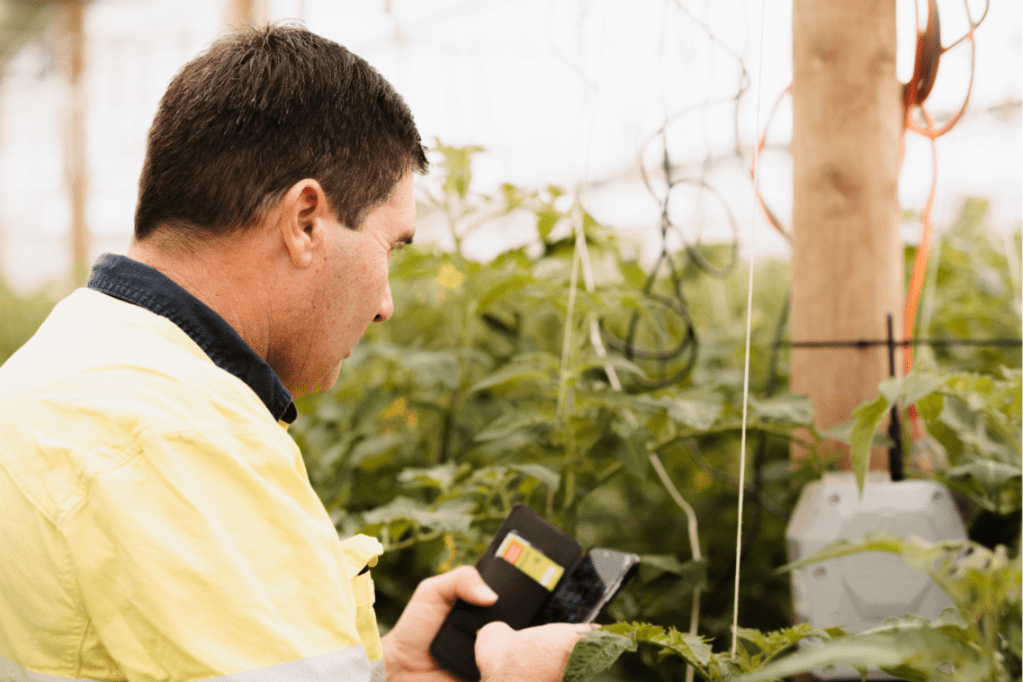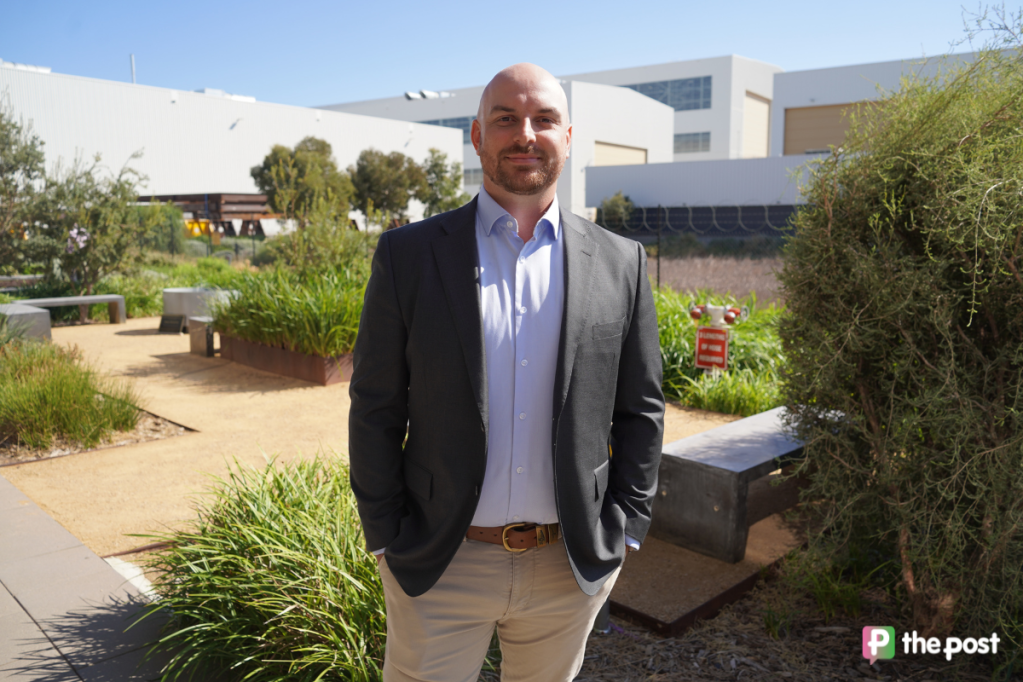Using AI to monitor organic produce growth
Eldridge Fresh Organics is testing the use of AI to monitor real time produce growth in what is thought to be an Australian first.

The Murray Bridge farm is looking at integrating AI technology into growing operations, to be used in temperature monitoring, water control carbon emission reporting, and more.
The system will be able to monitor environmental factors and automatically adjust heaters, fans, and air vents in response, improving resource efficiency and optimising growth conditions.
Project manager Rhys Moult told InDaily collaboration with workers would be key as the technology becomes more widely implemented.
“This is not about getting rid of jobs, it’s certainly about making people’s time more efficient,” Moult said.
Eldridge Fresh Organics CEO Shane Eldridge said the technology would help “cut down some of the time with paperwork”.
You might like
“The twin benefit of the software continues into despatch activity by tracking it through the cold chain process by sorting, grading and managing tailored customer orders to ensure that the sales team is provided with up-to-date stock information to reduce supply delays,” he said.
“Our time can be used more wisely. It’s always hard to get enough good people, so with the good people that we have, if we can free up some of their time so they can be useful in other areas in the businesses.”

The technology can monitor produce conditions and make automatic environmental changes where needed. Photo: supplied
Moult said the group was hoping to be using the technology widely “within the next 12 months”.
Stay informed, daily
“We’ve got some really good initial use cases happening right now…the proof of concept is really working nicely, but it’s going to take a little bit more of data and testing,” he said.
The AI technology was developed with the assistance of a state government AgTech Growth Fund grant from the Department of Primary Industries and Regions.
“The idea with the project and the grant was you needed to be building something that had the potential for commercial viability beyond the farm,” Moult said.
“We were really looking at ways to improve Shane’s capability of tracking the energy emissions, in particular looking at ways to analyse the diesel usage, and then how can we bring in the latest technology to achieve those goals?”
Eldridge said the integration of the technology was a “significant leap forward in enhancing sustainability and efficiency in organic farming”.
“Integrating monitoring of temperature, water control, and carbon emission reporting sets a new benchmark for the greenhouse industry and means we can make informed decisions on future technological upgrades,” he said.
Eldridge said the real-time monitoring abilities would allow the group to “manage crop rotation timelines more effectively than ever before”.
“Technologically advanced and sustainable horticulture is crucial for addressing the challenges of higher temperatures and lower winter rainfall,” he said.
“This AI software will help us to manage these issues far more sustainable than ever before, ensuring the long-term viability of our agriculture sector.”








